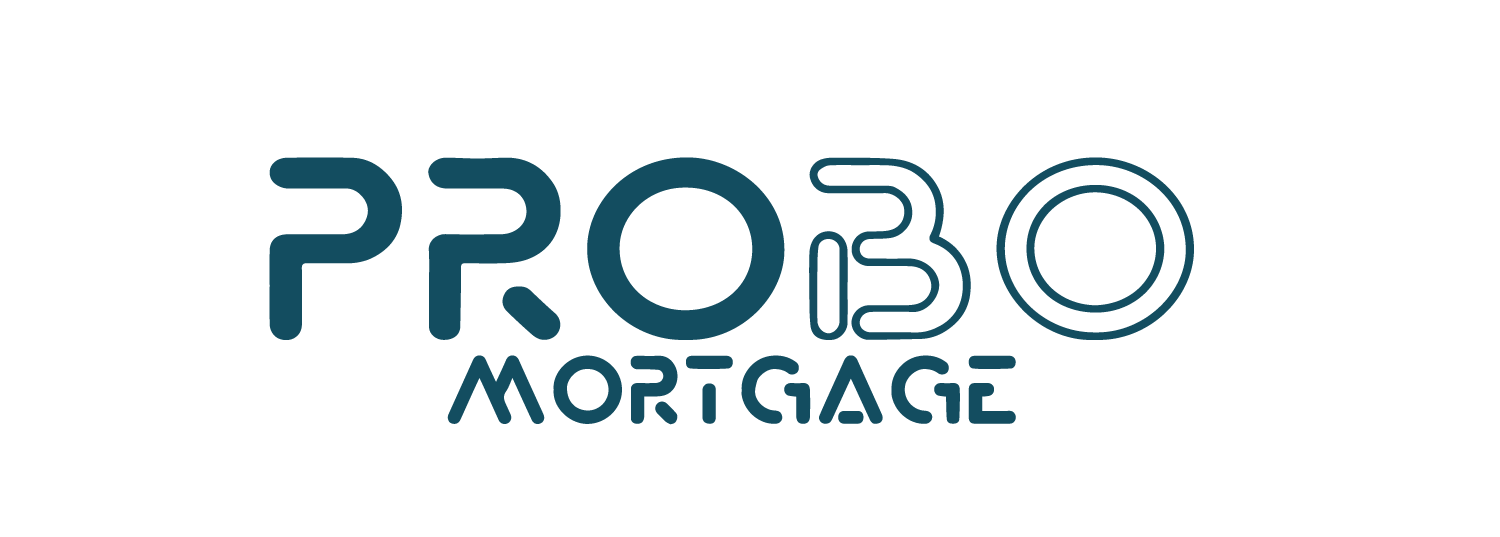Are you a homeowner looking to tap into the value of your property? Equity release could be the answer you’ve been searching for. Imagine unlocking cash from your home without having to move or sell. This financial solution has become increasingly popular, especially among retirees and those who need extra funds for various reasons—from home renovations to covering healthcare costs. But what if you’re also interested in an affordable housing loan? The good news is that these options can work hand in hand, providing you with even more flexibility and support. In this blog post, we’ll dive into the ins and outs of equity release and how our affordable housing loan can empower you financially. Whether you’re curious about benefits, eligibility requirements, or real-life success stories, we’ve got all the information you need right here. So let’s explore how these financial tools, including affordable housing loans, can help turn your dreams into reality!
What is Equity Release and How Does it Work?
Benefits of Equity Release
Equity release offers a range of benefits for homeowners looking to unlock the value in their property. One of the most appealing aspects is its ability to provide tax-free cash, which can be used for various purposes—from home improvements and travel to supporting family members. Another significant advantage is that you retain ownership of your home. There’s no need to move out or downsize, allowing you to enjoy your living space while accessing funds.
Additionally, equity release typically doesn’t require monthly repayments. Instead, the loan amount plus accrued interest is repaid when the homeowner passes away or moves into long-term care. This flexibility can relieve financial stress for many retirees. Moreover, it opens up opportunities for better quality of life during retirement—helping individuals pursue passions or experiences they may have postponed due to financial constraints.

Understanding Affordable Housing Loans
Affordable housing loans are designed to provide financial assistance for individuals and families looking to secure a home without breaking the bank. These loans often come with lower interest rates, making them more accessible than traditional mortgage options. One key feature of affordable housing loans is that they typically require a smaller down payment. This opens the door for first-time buyers or those with limited savings to enter the housing market.
Additionally, many programs offer flexible repayment terms tailored to fit various income levels. This flexibility makes it easier for borrowers to manage their monthly payments without added stress. Many affordable housing loan programs also prioritize supporting low-income households, ensuring that everyone has a chance at homeownership. Understanding these nuances can empower potential homeowners in making informed decisions about their financing options.
Flexible Funding Options for Affordable Housing Loans
When considering an affordable housing loan, flexibility in funding options is a significant advantage. Borrowers can choose from various plans tailored to their unique circumstances.One common option includes fixed-rate loans. These provide stability with consistent monthly payments over the life of the loan. This predictability makes budgeting easier for many homeowners.
Eligibility Requirements for Affordable Housing Loans
Eligibility for affordable housing loans varies by lender and region. Generally, these loans are designed to assist low- to moderate-income individuals or families. Applicants typically need to demonstrate their income level. This ensures that they genuinely benefit from the program. Most lenders will consider your credit score as well, though requirements can be more flexible than traditional mortgages.
Residency status often plays a role too. Many programs require that you live in the property as your primary residence. Additionally, there may be limits on the total amount of debt you currently hold. Lenders want to ensure borrowers can manage their financial responsibilities comfortably. Finally, some affordable housing loan programs might have specific criteria based on local or state regulations. Always check with your lender for precise details tailored to your situation.

The Application Process for an Affordable Housing Loan
Applying for an affordable housing loan is straightforward, yet it requires careful attention to detail. Start by gathering essential documents such as proof of income, bank statements, and identification.Next, research various lenders to find the best rates and terms that suit your financial situation. Many organizations offer specialized programs tailored for different needs. This comparison can save you money in the long run.
Once you’ve chosen a lender, fill out their application form accurately. Be prepared for questions about your financial history and current obligations. Transparency is crucial here. After submitting your application, there may be a waiting period while the lender reviews your information. They might request additional documentation or clarification on certain aspects of your finances. Stay in communication with your lender during this time to ensure everything is progressing smoothly. Following up can help speed up the process if needed.
Conclusion:
Deciding whether equity release is the right choice for you can depend on various factors. For many, accessing funds tied up in their home through an affordable housing loan offers a financial lifeline. It can provide immediate cash flow, enabling homeowners to cover expenses or invest in projects that enhance their quality of life. However, it’s essential to consider your long-term plans and how this decision might affect your estate. Equity release may impact inheritance options and future financial stability. It’s worth discussing with family members or seeking advice from professionals who understand your unique situation. Understanding the specifics of affordable housing loans is crucial too. These loans often come with flexible funding options and varying eligibility requirements tailored to fit different needs. By assessing these details closely, you can determine if this path aligns with your financial goals.Ultimately, weighing the benefits against potential drawbacks will help clarify if equity release suits you now and in the future. Take time to explore all available resources so that you make a well-informed decision regarding this significant step in managing your finances.
FAQs:
1. What is equity release, and how does it work?
Equity release is a financial product that allows homeowners to access the equity tied up in their property without having to sell it. It typically involves either a lifetime mortgage or a home reversion plan, where you release a portion of your home’s value as a loan or sell part of your home in exchange for cash. The loan is repaid when you sell the home, move into long-term care, or pass away.
2. Who is eligible for equity release?
Eligibility varies depending on the type of equity release plan, but generally, homeowners aged 55 or older are the primary candidates. You must also own a property with enough equity, usually free from significant debt, and meet other criteria set by lenders. It’s important to seek advice from an advisor to determine your specific eligibility.
3. How can equity release benefit me in the long run?
Equity release offers several benefits, such as providing a lump sum or regular income without monthly repayments. This can be especially helpful for retirees who want to access their home’s value for living expenses, home improvements, or paying off debt. Additionally, since repayments are usually not required until the home is sold, it can relieve financial pressure.
4. Is equity release a safe and reliable financial option?
Equity release is regulated by financial authorities and must adhere to strict rules to protect consumers. However, it’s important to fully understand the terms, as interest can accumulate over time, which might reduce the inheritance you leave behind. Seeking independent financial advice before committing to any equity release plan is essential to ensure it aligns with your long-term financial goals.






